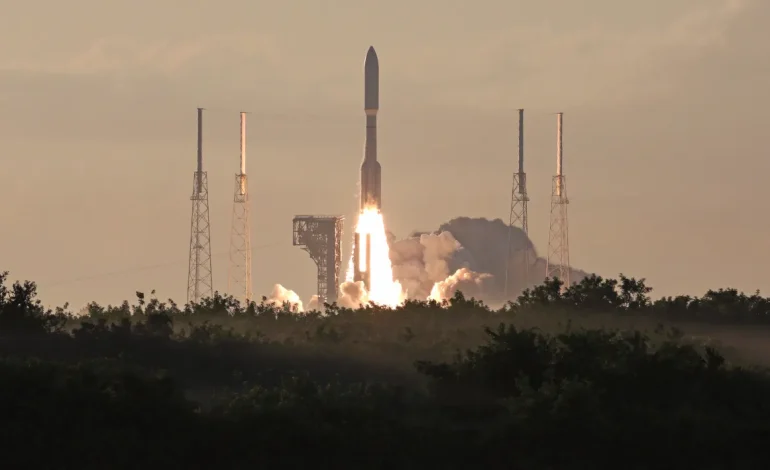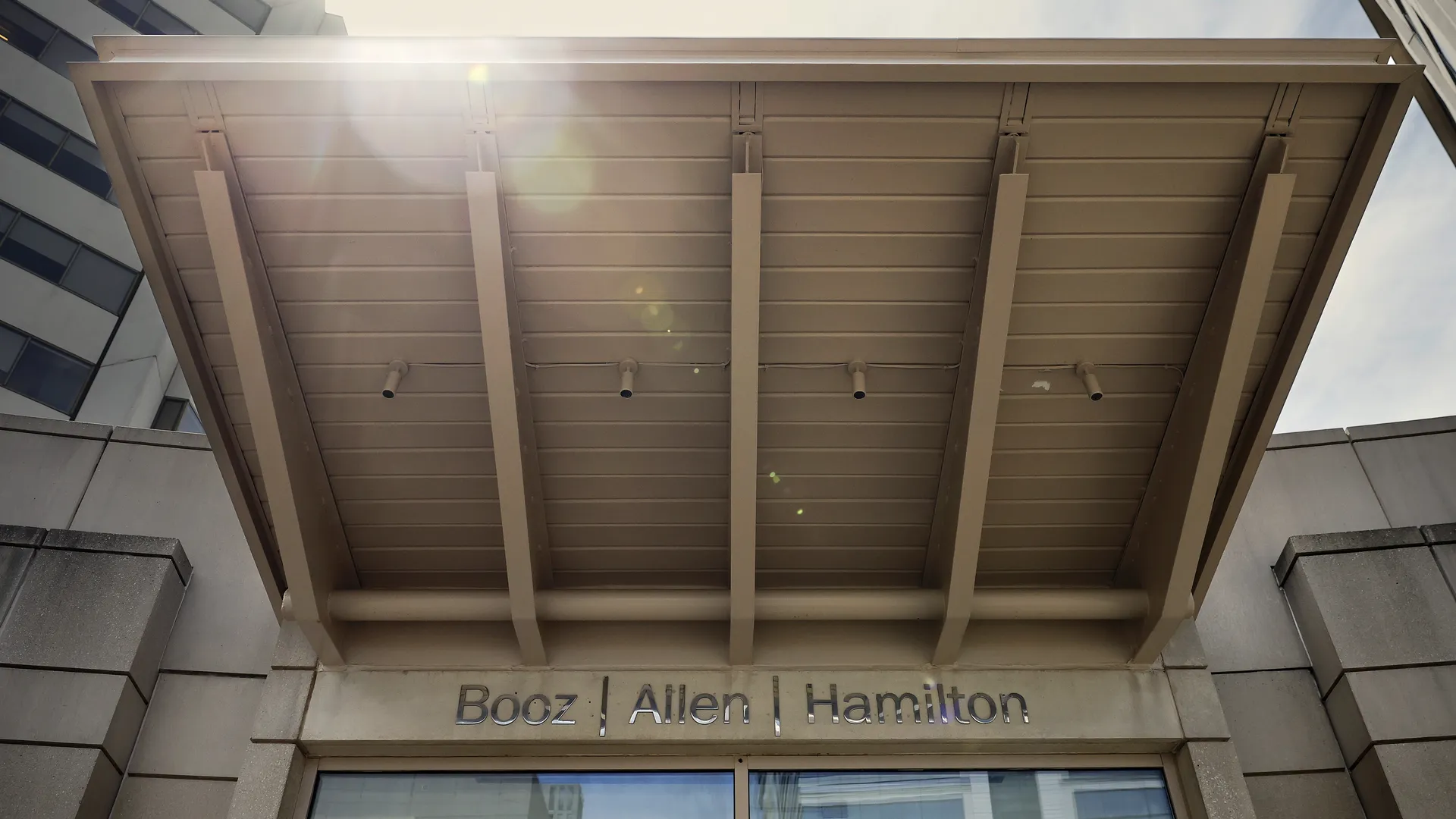Amazon Expands Project Kuiper With Second Satellite Launch Amid Growing Rivalry With Starlink

Amazon has launched the second batch of satellites for its Project Kuiper initiative, advancing its effort to establish a global broadband network in low Earth orbit (LEO), CNBC reports.
The mission adds momentum to Amazon’s growing satellite constellation as it seeks to compete with SpaceX’s Starlink.
The 27 satellites were launched aboard a United Launch Alliance (ULA) Atlas V rocket early Monday morning from Cape Canaveral Space Force Station in Florida. Liftoff occurred at 6:54 a.m. ET, following two delays due to weather conditions and a technical issue with the rocket booster.
“We have ignition and lift off… continuing a new chapter in low Earth orbit satellite connectivity,” said ULA engineer Ben Chilton during a livestream of the event.
This marks the second successful Kuiper satellite deployment in recent months. Amazon launched its first 27 satellites in April, bringing the total currently in orbit to 54. These initial units are part of a planned constellation of 3,236 satellites, intended to deliver high-speed internet access worldwide, particularly in underserved regions.
Amazon first unveiled its satellite internet ambitions in 2019 with Project Kuiper. Since then, the company has secured more than 80 rocket launches across multiple providers — including, notably, some booked with SpaceX — to meet deployment goals.
The company faces a regulatory deadline from the Federal Communications Commission (FCC) requiring at least half of its Kuiper satellite constellation to be in orbit by July 2026. That means Amazon must launch a minimum of 1,618 satellites within the next 13 months to stay on schedule.
While still in the early phases, Project Kuiper is positioning itself as a competitor to SpaceX’s Starlink, which currently leads the market with a network of over 8,000 satellites and active service in dozens of countries.
Amazon has not yet begun customer trials but has said it expects to start service in select areas later this year. The company has emphasized the long-term importance of global connectivity, highlighting the potential for improved internet access in rural and remote communities.









The latest news in your social feeds
Subscribe to our social media platforms to stay tuned